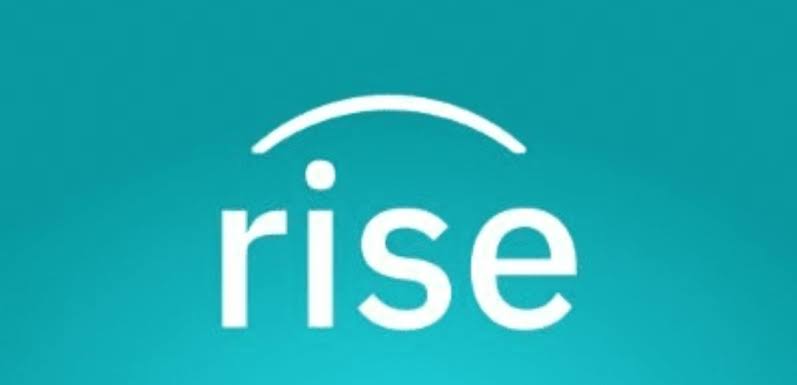Risevest, an investing site, alerted users today that its virtual card will be discontinued on September 30th.
In an email to users, Risevest blamed the suspension on problems with card issuers, fluctuating exchange rates, and delays in issue resolution.
Risevest stated that any money remaining on the cards after the shutdown will be immediately transferred to the Rise wallet once the service is no longer active.
Although this may come as a disappointment to some, Risevest further informed that the company “remains committed to developing better tools that align with the [your] evolving financial needs.” The virtual card service of Risevest was shut down many months after that of another Nigerian fintech, Carbon.

It would be recalled in 2022 after a six-week inquiry revealed that Risevest’s CEO, Eke Urum, had committed sexual misconduct and misuse of authority.
Following the claims, Urum was asked to step down in August 2022, with the company’s Head of Operations serving as interim CEO. However, Eke returned as CEO in 2023 and has held the role ever since.
Bottom Line
The unstable currency exchange rates in Nigeria, driven by economic uncertainty, have made it difficult for fintech platforms to offer services like virtual cards that rely on stable and predictable currency conversions.
The rise of inflation, frequent devaluation of the naira, and increasing demand for foreign exchange all contribute to this volatility. For fintech companies like Risevest, offering a reliable service in such conditions becomes risky and difficult to sustain.
This move shows the broader economic pressures fintechs are experiencing in Nigeria, where currency exchange rates affect both local transactions and international dealings. For users, this suspension may come as an inconvenience, especially for those who use these virtual cards for international purchases and investments.

















